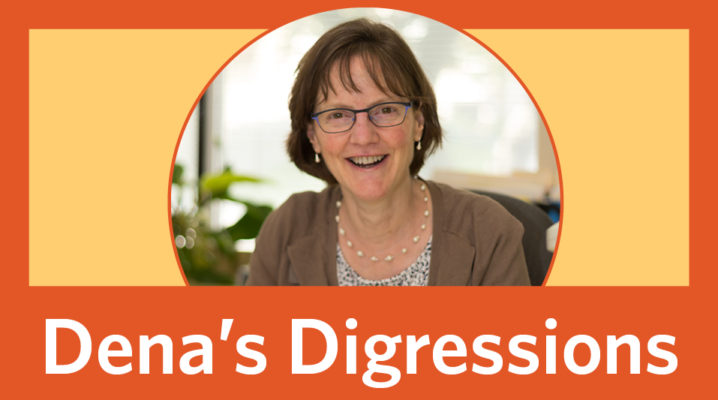Late in his life, my father played a cassette tape for me in which he interviewed his mother about the house where he was raised. It was lovely to hear my grandmother’s voice after all these years, but the content was not memorable, so we discarded the tape.
Decades ago, after my mother’s death, I enjoyed a visit with her best friends from childhood as they reminisced about growing up together in their small town. I recorded the conversation on a teeny tiny tape. It was healing to hear about my mother’s early life and helped me understand her better. I have no idea where that tiny tape is now or how I would listen to it, technology has changed so much.
Several photos of my ancestors hang above my home altar reminding me of who I come from. I know some stories of their lives but not all. These examples make me wonder: is it the history that matters or the relationships?
When I hold my family history, I hold the relationships most dear. My grasp of the content of our history comes and goes. Some of the content was difficult and not talked about much, certainly not written down. My aunt once told me that when her younger brother, my dad, was drafted into service in WWII and went off to basic training, my grandmother had a nervous breakdown. So my aunt decided it would be a good time to start a family. She claimed that her pregnancy and the first grandchild brought my grandma back to rights—gave her something to hope for and plan for during a scary time.
What do you know about your family history? What is ultimately unknowable? How do you hold both? Does the content or the relationship matter more to you? What part of history gives you hope?
Yours,
Rev. Dena McPhetres, Associate Minister
